Publications
Articles, publications, books, tools and multimedia features from the U.S. Institute of Peace provide the latest news, analysis, research findings, practitioner guides and reports, all related to the conflict zones and issues that are at the center of the Institute’s work to prevent and reduce violent conflict.
Question And Answer
Amid a Changing Global Order, NATO Looks East
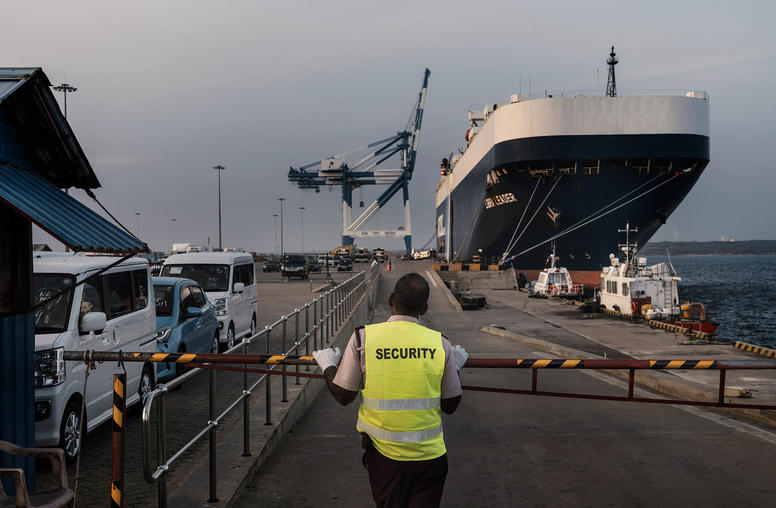
Indian Ocean Basing and Access: How Smaller States Navigate Major Power Competition
In late July, Sri Lankan President Ranil Wickremesinghe traveled to New Delhi to meet with Indian Prime Minister Narendra Modi. The trip addressed several important issues, such as greater connectivity. However, there was one item on the agenda that did not receive much media attention despite its potential impact on Indian Ocean regional security: Sri Lanka’s new standard operating procedure (SOP) to determine which military and non-military ships and aircraft may visit the country.
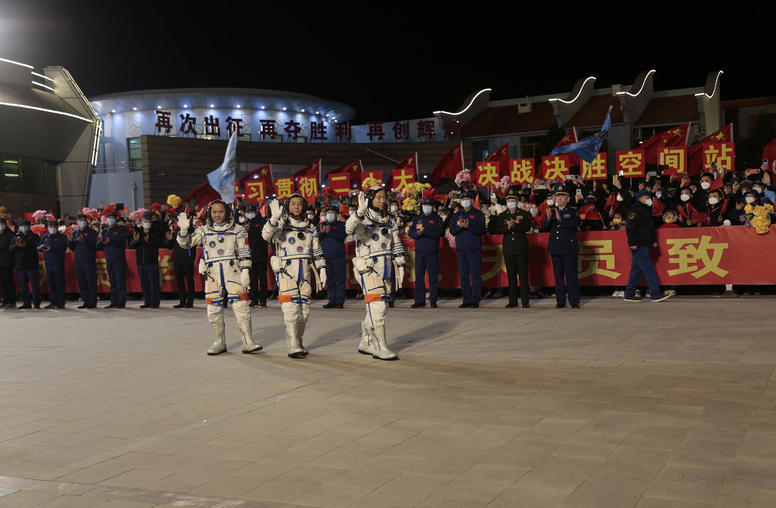
China and Space: The Next Frontier of Lawfare
The People’s Republic of China (PRC) is one of the most thoughtful practitioners of legal warfare or “lawfare.” For PRC planners, especially those in the People’s Liberation Army (PLA), legal warfare is an integral part of the larger effort of “political warfare.” Indeed, legal warfare is embedded in the Chinese conception of political warfare.
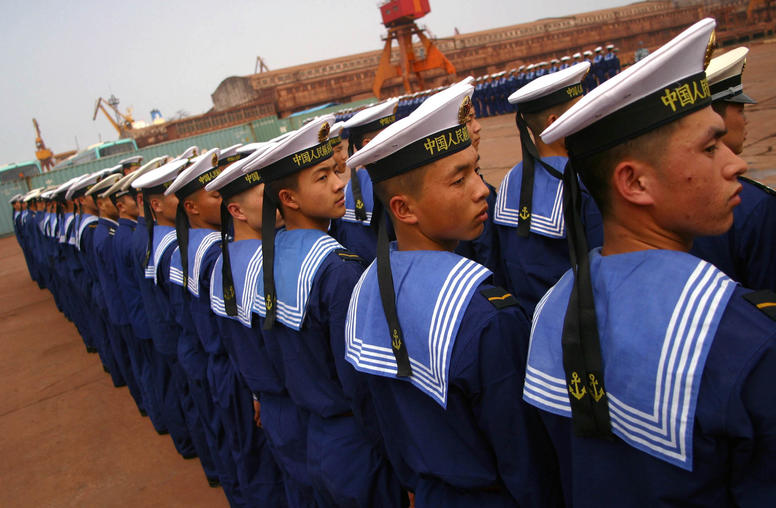
Five Things to Know About China’s Armed Forces
The People’s Liberation Army, which celebrated its 96th birthday on August 1, is one of the largest, most potent and fast-growing militaries in the world. Chinese leader Xi Jinping has made it a goal for the PLA to “modernize” by 2035 and to be a “world-class” military power by mid-century. In 2014, China’s Navy overtook the U.S. Navy to become the largest military fleet in the world — although the U.S. Navy is still considered to be more powerful. While China is notoriously opaque about its level of defense spending, it is widely believed that China has the largest defense budget in the world other than the United States.
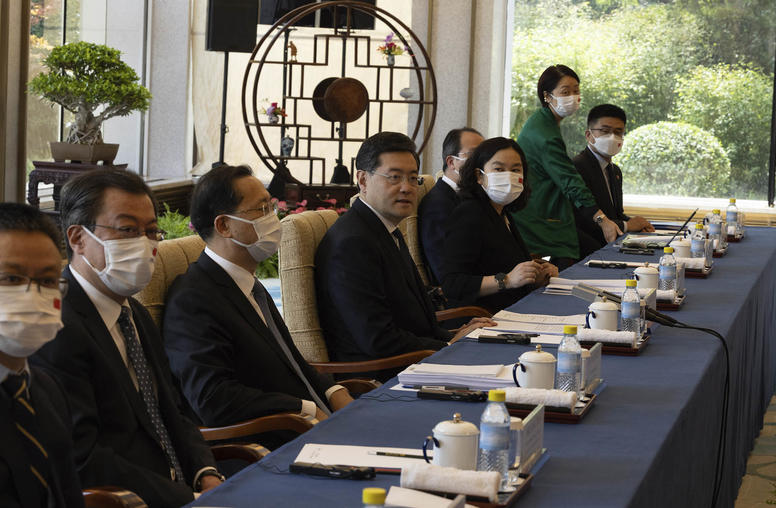
What Does Qin Gang’s Removal Mean for China’s Foreign Policy?
Speculation has run rampant the last month over the whereabouts of China’s foreign minister, Qin Gang. Rumors ranged from the salacious (he had an affair) to the mundane, while the official line states that he is dealing with health problems. On Tuesday, China officially replaced Qin with his predecessor, Wang Yi, who leads the Chinese Communist Party’s (CCP) foreign policy apparatus. Qin’s removal from office, and the erasure of references to him and his activities on official Chinese government websites, have only furthered interest into what happened. Beyond the political intrigue, the more substantive question is what this means for China’s diplomacy.
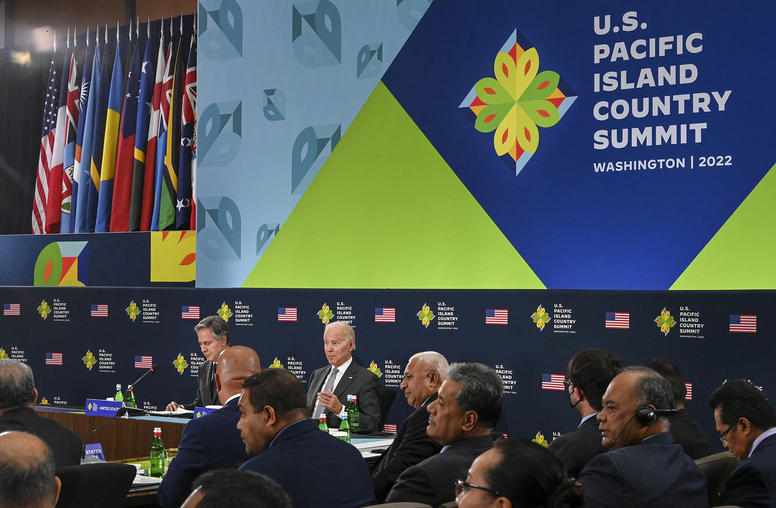
Washington Picks Up the Pace in the Pacific
Senior Biden administration officials are back in the Pacific Islands region this week. Once a seemingly far-flung corner of the globe, the United States has in recent years prioritized engagement to counter China’s foothold in a region Washington long neglected. Secretary of Defense Lloyd Austin is the first U.S. defense chief to visit Papua New Guinea, where Secretary of State Antony Blinken went in late May and signed a bilateral defense cooperation deal. Meanwhile, Blinken is Tonga this week to open a new U.S. embassy in the island nation. The top U.S. diplomat will also visit New Zealand before heading to Australia where he will be joined by Austin for the annual Australia-U.S. Ministerial Consultations.
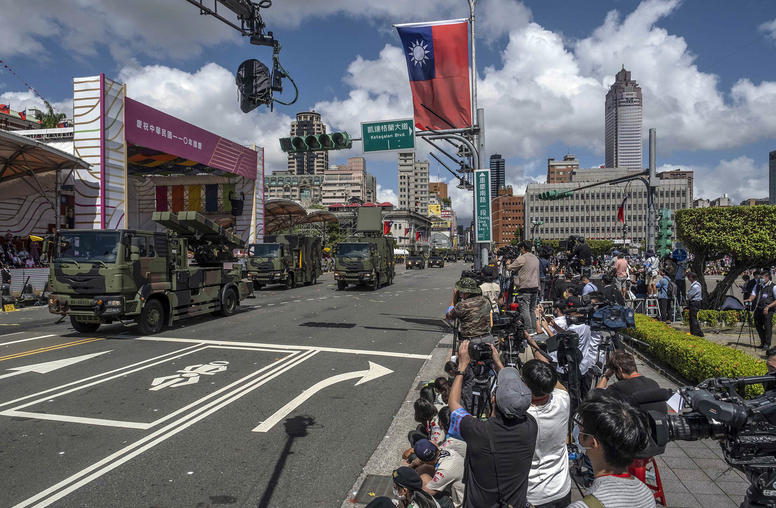
How to Break the Impasse in U.S.-China Crisis Communication
Despite the clear (and arguably growing) possibility of a future Sino-American crisis or even conflict over Taiwan or some other contentious issue and the fact that senior American and Chinese leaders have at times endorsed the need for more effective crisis avoidance interactions, little of real substance has actually been done to address the danger. Indeed, military-to-military talks have been on pause since Beijing suspended them in August 2022 after then-speaker Nancy Pelosi’s trip to Taiwan. As U.S.-China competition continues to intensify, it is critical that Washington and Beijing break this impasse by devising fresh approaches to avoid conflict altogether.
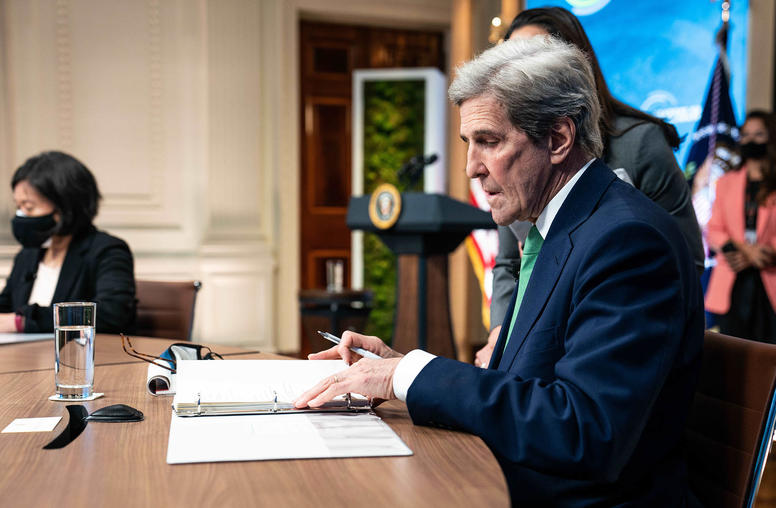
What Does John Kerry’s Visit Mean for U.S.-China Climate Cooperation?
This week, U.S. Special Envoy on Climate Change John Kerry spent four days in China in the hopes of facilitating a thaw in U.S.-China climate cooperation and easing tensions between Washington and Beijing more broadly. While the talks did not yield any major breakthroughs, any progress toward a shared climate agenda cannot be taken for granted after nearly two years of frozen relations. And with Kerry announcing plans for more bilateral talks ahead of the next round of U.N. climate negotiations in November, it appears that climate change may offer a tentative path for rebuilding trust between the two world powers.
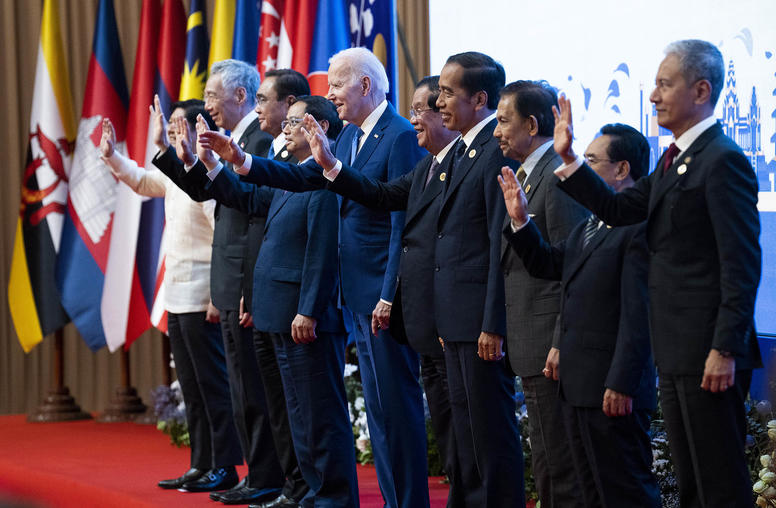
Four Takeaways from the ASEAN Summit
Foreign ministers from the Association of Southeast Asian Nations (ASEAN) gathered last week in Jakarta, with a range of critical challenges to address. Chief among those issues was the crisis in member state Myanmar, which the bloc is divided on how to approach. China’s aggressive activities in the South China Sea were also a key topic at the summit, with Beijing and ASEAN pledging to reach an agreement on a long-stalled non-binding code of conduct.
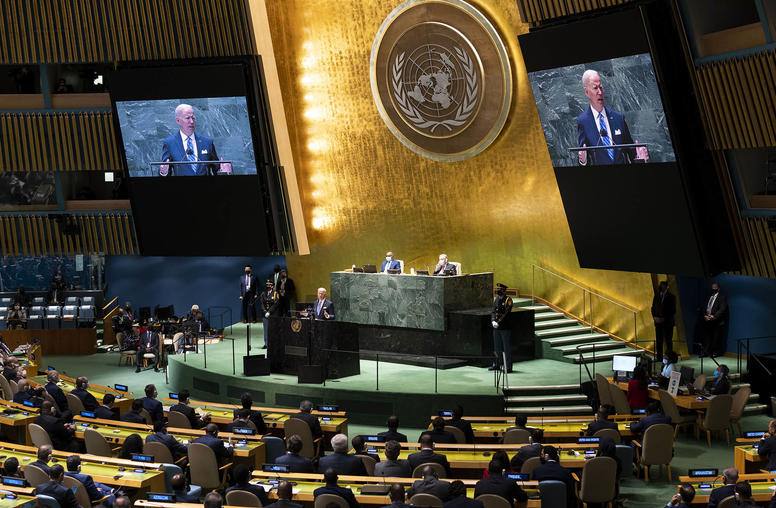
In Competition with China, the U.S. Should Double Down on Multilateralism
Against the backdrop of renewed great power competition and an emerging multipolar world, it is crucial that the United States prioritize its engagement within multilateral institutions, including those in the United Nations system. As China looks to supplant the U.S.-led rules-based order, Washington should foster better relations with developing nations and emerging powers, particularly those in the Global South. Even as the U.S.-China rivalry intensifies, Washington should avoid putting countries in a position where they must make zero-sum choices. How can Washington do this?

Andrew Cheatham on the Resurgence of the Nonaligned Movement
Rather than reinforce the Nonaligned Movement’s perception of a zero-sum choice between the U.S. and other great powers like China, the U.S. should work with allies to offer “a bigger package that helps serve the people and is ultimately more sustainable than what China has to offer,” says USIP’s Andrew Cheatham.